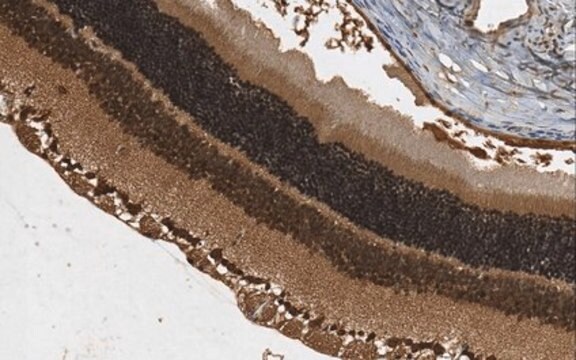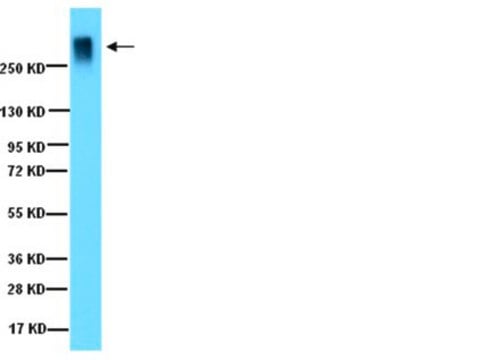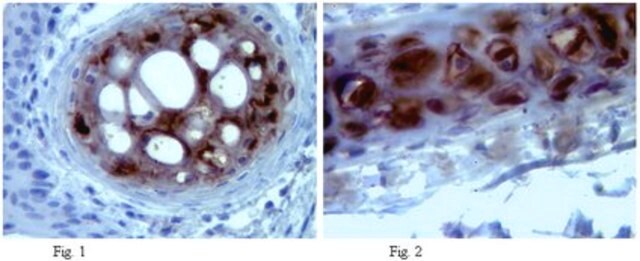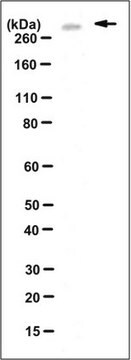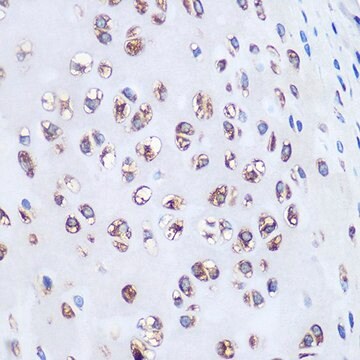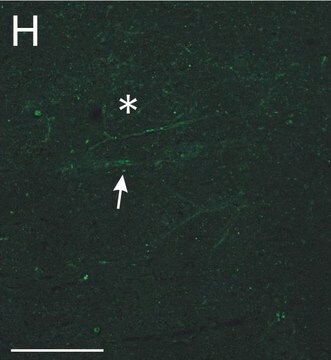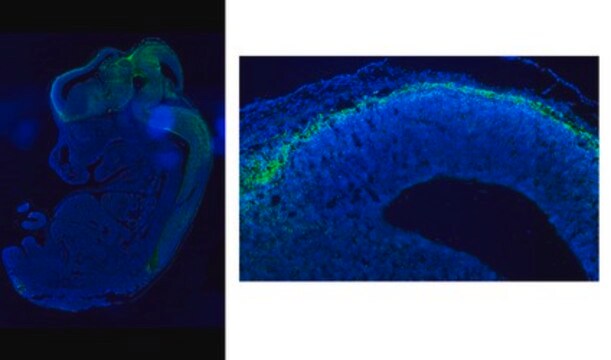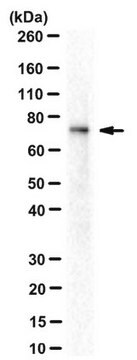MABT83
Anti-Aggrecan Antibody
mouse monoclonal, 6B4
Synonym(s):
Aggrecan core protein, Cartilage-specific proteoglycan core protein, CSPCP, Chondroitin sulfate proteoglycan core protein 1, Chondroitin sulfate proteoglycan 1, Aggrecan core protein 2
About This Item
Recommended Products
Product Name
Anti-Aggrecan Antibody, clone 6B4, clone 6B4, from mouse
biological source
mouse
Quality Level
antibody form
purified immunoglobulin
antibody product type
primary antibodies
clone
6B4, monoclonal
species reactivity
bovine
species reactivity (predicted by homology)
human (based on 100% sequence homology)
technique(s)
immunohistochemistry: suitable
western blot: suitable
isotype
IgG1κ
NCBI accession no.
UniProt accession no.
shipped in
wet ice
target post-translational modification
unmodified
Gene Information
human ... ACAN(176)
General description
Immunogen
Application
Immunohistochemistry Analysis: A representative lot was used by an independent laboratory in human chartilage tissue (Williams, R., et al. (2010). PLoS One. 5(10):e13246.).
Cell Structure
ECM Proteins
Quality
Western Blot Analysis: 1 µg/mL of this antibody detected Aggrecan in 10 µg of purified protein from bovine tissue lysate.
Target description
Physical form
Storage and Stability
Analysis Note
A1D1 purified protein from bovine tissue lysate
Other Notes
Disclaimer
Not finding the right product?
Try our Product Selector Tool.
recommended
Storage Class Code
12 - Non Combustible Liquids
WGK
WGK 1
Flash Point(F)
Not applicable
Flash Point(C)
Not applicable
Certificates of Analysis (COA)
Search for Certificates of Analysis (COA) by entering the products Lot/Batch Number. Lot and Batch Numbers can be found on a product’s label following the words ‘Lot’ or ‘Batch’.
Already Own This Product?
Find documentation for the products that you have recently purchased in the Document Library.
Our team of scientists has experience in all areas of research including Life Science, Material Science, Chemical Synthesis, Chromatography, Analytical and many others.
Contact Technical Service